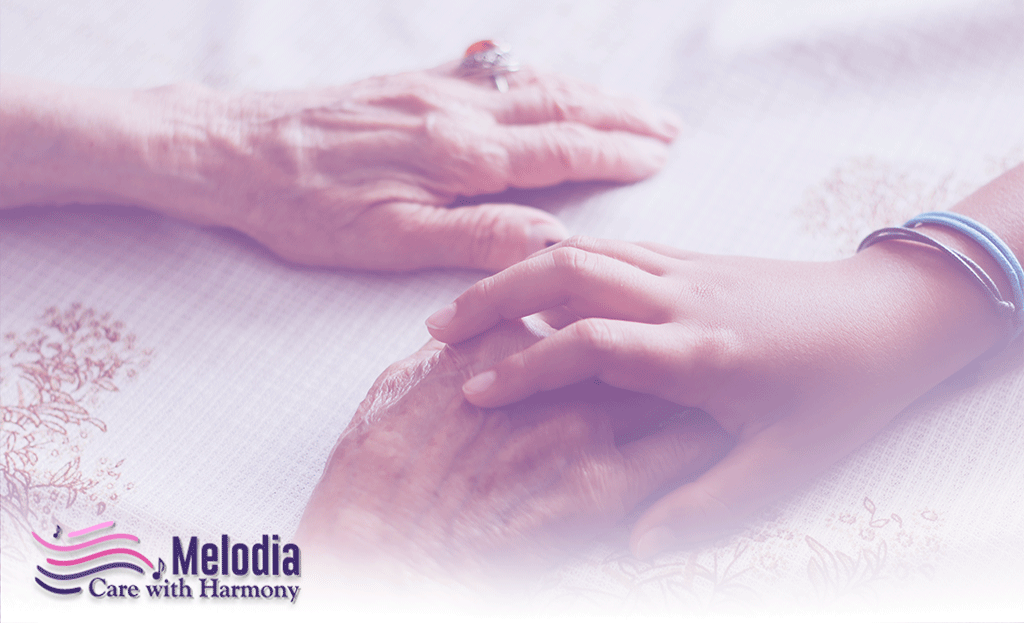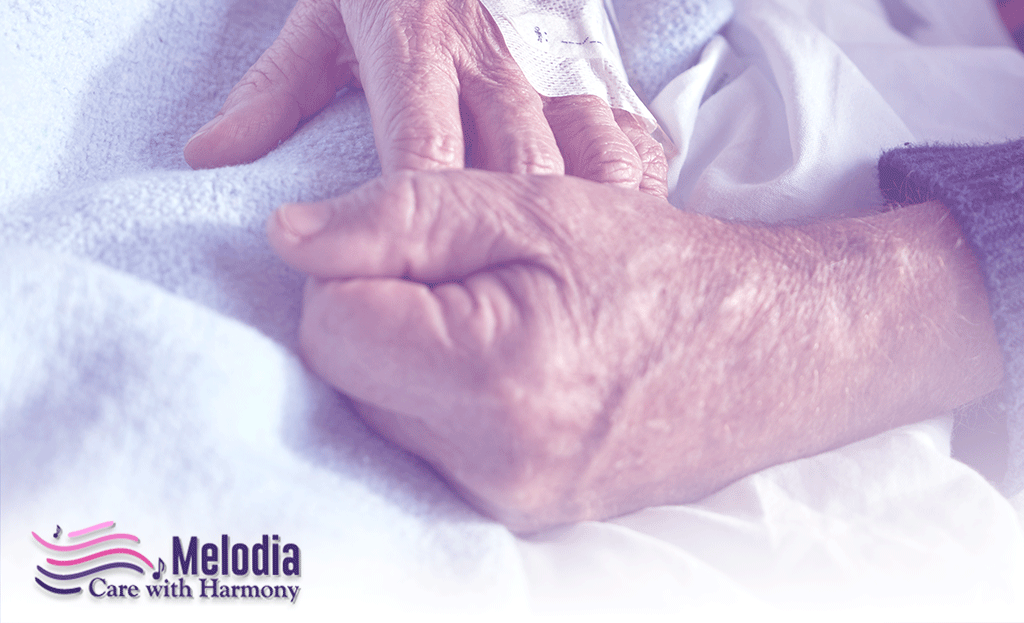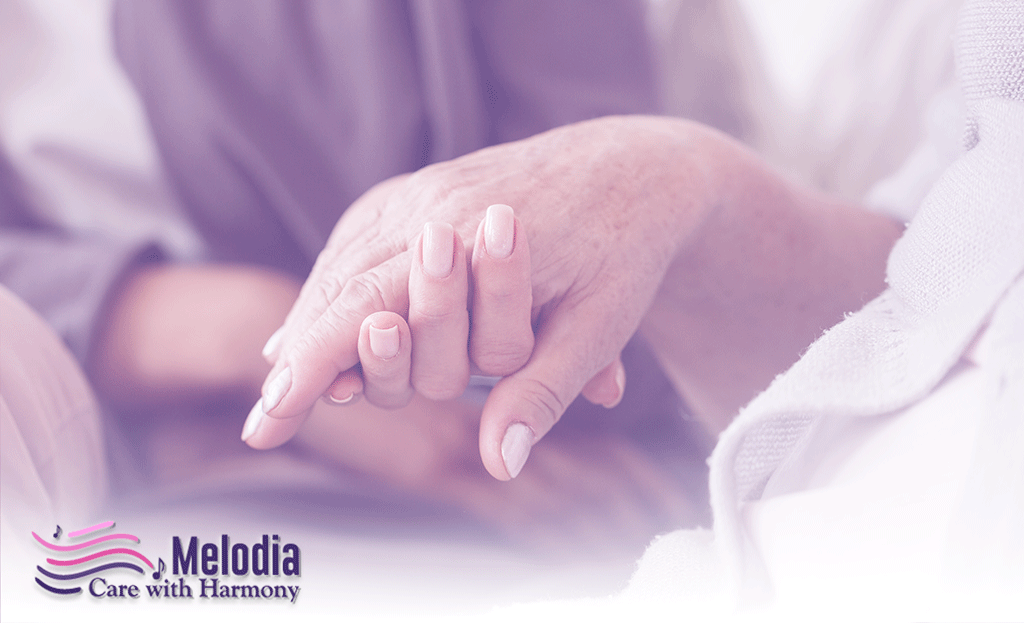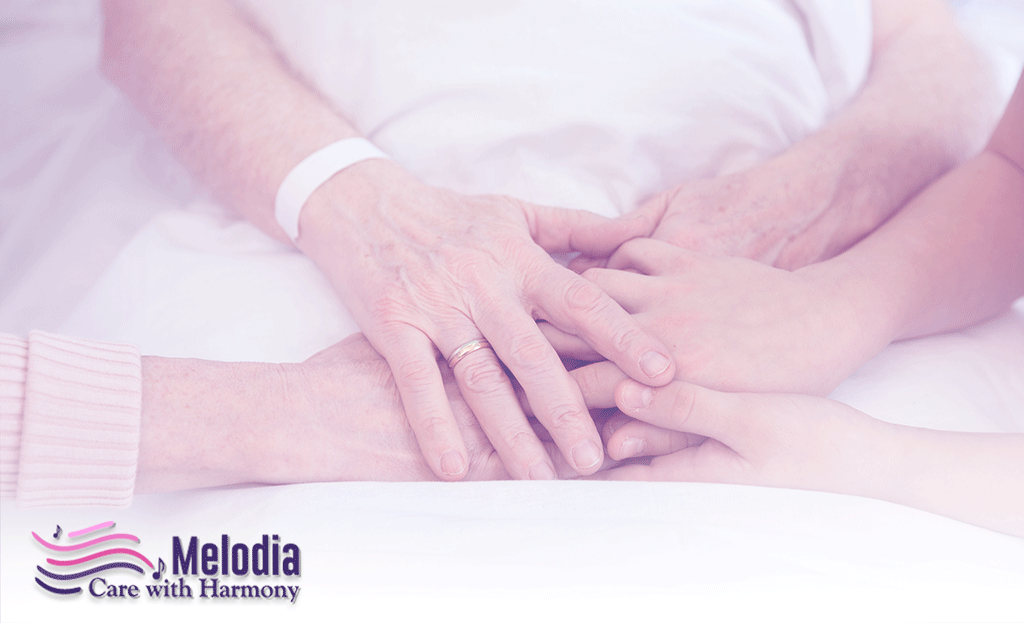Hospice Emotional & Spiritual Care In Garden Acres City, California
Assisting dying patients with their spiritual needs has been a part of the medical profession’s role since its earliest manifestations. Healthcare was traditionally associated with caring for patients’ physical and spiritual needs in Western Europe and the United States. However, this began to change in the latter part of the twentieth century, as medicine became more closely associated with the biomedical healthcare model.
Patients nearing the end of their lives value spirituality, even if they are not religious or spiritual. Patients are asking for spiritual care from healthcare professionals. Patient satisfaction and costs are linked to inadequate spiritual care for dying patients. In contrast, insufficient spiritual care has been linked to patient dissatisfaction and higher prices.
For those who are nearing the end of their lives, the following are important considerations:
- Sharing their personal experiences and thoughts.
- Determine what makes their lives worthwhile.
- Inquiring about their legacy.
- Involvement in religious activities and traditions.
- Forgiving ourselves and others.
- Being in the presence of loved ones
- Finding out who you are and why you’re here.
Leading healthcare professionals have responded to the challenge of meeting the spiritual needs of dying patients by developing innovative practices and codes of conduct that expressly recognize the spiritual dimension as an essential component of good holistic care. Nowhere has the call for change become more tangible than in the modern hospice movement, where providing spiritual care for the dying is regarded as an absolute necessity.
How to Identify Your Own Spiritual Needs and wants

In human nature, it is ingrained in us to seek connection with something greater than ourselves. Many people in the United States believe that spirituality is essential in their daily lives. However, because spiritual needs are so individual, it can be challenging to define them.
“Spirituality,” according to studies, is “a dynamic dimension of human life that relates to how people experience meaning, purpose, and transcendence, as well as how they connect to the present moment, to oneself, to others, to nature, to the significant, and the sacred,” according to studies. Using this definition of spiritual needs, we can recognize the critical fact that spirituality encompasses more than just religious beliefs and experiences. It is the part of the human being that attempts to answer questions such as “Who am I?” and “What do I want to be?” What am I doing here? How have I conducted myself throughout my life? Is there a difference between now and then?
Here are a few examples of questions patients frequently ask healthcare providers when they have a spiritual need:
- What will happen to me after I pass away?
- What is happening to me that this is happening?
- What gives my life meaning and purpose is the question?
- Is there a God, and will He be there for me if there is?
- How am I supposed to live now that I’m going to die?
- What do you want people to remember about me?
Spirituality and End-of-Life Care

At the end of life, it is essential to attend to the spiritual needs of dying patients and alleviate their spiritual suffering. We believe all clinicians must fundamentally understand how to treat spiritual pain. Experienced healthcare professionals can often manage physical symptoms associated with the dying process, but spiritual pain presents different challenges. Even the rare healthcare professional who can assess and understand spiritual pain is frequently at a loss for what to do to assist the patient.
Providing Spiritual Support for the Dying

So, what exactly is spiritual care for the dying and dying-related issues? It can be facilitated in various ways, from assisting patients in discovering their meaning, peace, and connection to reducing religious practices and customs. Being present for patients and developing personal relationships is the foundation of successful patient care. It is possible to promote spiritual healing when the provider understands what is essential to the patient – their religious beliefs, values, and principles- and what gives them meaning and purpose in their lives.
These are three approaches you can use to assist your patients in their search for spiritual guidance:

Inquire your patients about their religious beliefs or lack of confidence in religion. Contribute to their ability to establish relationships with other members of their religious community or congregation and with the religious community’s leader or leaders.
First and foremost, find out as much as you can about your patient’s and their family’s religious and recreational interests before beginning treatment. Then, in bookstores or on the internet, look for patient-oriented books on death and dying that can be recommended to patients properly.
To establish a connection with the Melodia Care team’s Spiritual Care Coordinator, speak with one of the team’s Melodia Care members.
What is the role of a Spiritual Care Counselor, and what do they do?

At Melodia care Hospice, licensed professional spiritual care counselors (LPSCCs) have completed at least one year of hospital residency and have been ordained by and are accountable to an established ordaining body, among other qualifications.
Throughout their educational careers, professionals have studied various religions, civilizations, and spiritual practices, among other things. During the final stages of life, Professionals are trained to provide a ministry of presence to the patient and their families, regardless of where they are on their spiritual path. Everyone who seeks assistance can benefit from the Professionals’ active listening and reflective presence and their emotional, experiential, and spiritual therapy services. A religious ceremony or prayer that is appropriate for the situation may be offered as an answer in some cases. The answer may be spiritual affirmation rather than religious affirmation on occasion. It may be neither spiritual nor religious in some instances.
An initial conversation with someone about their thoughts can be intimidating, but it is necessary. Take a few simple steps to make yourself and your partner feel more comfortable in your relationship. Music, a massage, looking at photographs, or anything else that makes the individual feel comfortable and allows them to open up about their feelings can all help them feel more comfortable and open up.
Expressing all emotions, including fury and denial, is permissible and can benefit individuals at various stages of their illness. I hope our information on mental and spiritual anguish will be of assistance to you when discussing this subject with your patients.
Before successfully connecting with someone, you must spend time getting to know someone and understanding their background before successfully joining with someone. You must also learn about their experiences and unique circumstances. Working shifts or not seeing the same patients regularly can make it more challenging to achieve this goal successfully. A hug or holding someone’s hand can help them feel comfortable and supported if the situation is appropriate and they consent to be hugged or held in hand.
Make it easier for them to express their worries and anxieties by encouraging them to speak about them in front of others.
Even though it may be beneficial to maintain an optimistic outlook, it is critical not to minimize the difficulties that the individual is experiencing. Another option is to ask how the individual would prefer to be emotionally supported – some people prefer an “upbeat” approach, while others would like you to listen to them simply.
Most people dying have depression and worry about those who will be left behind after passing away. Contribute to creating a memory box to give them peace of mind knowing that they will continue to be a part of their loved ones’ lives even after they have passed away. Letters and gifts for family and friends can be stored in a memory box, along with personal belongings such as photographs and other mementos. A professional can also prepare a film or audio recording for digital storage on a memory stick or the internet if the material is suitable.
People may be concerned that, as their disease progresses, they will lose their ability to control their actions and become helpless. Assistance in communicating preferences for medical care ahead of time can help someone feel more in control of their health care decisions. The health care professionals and those close to the person will benefit from a better understanding of their priorities due to these findings. We believe it would be beneficial for you to provide our patients with information on care planning in advance of their scheduled appointments with you.
A fundamental tenet of hospice care is attending to the physical, emotional, and spiritual needs of patients nearing the end of their lives, regardless of their age. Melodia Care provides spiritual, physical, and emotional support for patients to make the most of each day they have left to spend with their families.
If you know of someone who would benefit from hospice care or would like to learn more about Melodia Care’s hospice care program, you can reach out to the company at 1-888 635-6347.
Melodia's spiritual caretakers are a particular group of folks.

It is the responsibility of our Spiritual Care Coordinators and the rest of our interdisciplinary care team to provide specialized spiritual care to our patients and their families. Melodia’s care team is on call 24 hours a day, seven days a week, to give patients and bereaved families counseling appropriate for people of all faiths—or no faith—and is available around the clock.



